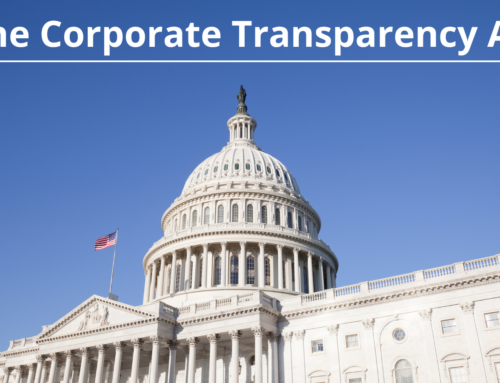The Financial Accounting Standards Board (FASB) updated and finalized their lease accounting standards in 2016. These rules require all entities to record the liabilities and assets of all their leases with terms of more than 12 months on their statement of financial position. The term “all entities” includes non-profit organizations. The FASB stated their reason for updating their standard was to regulate reporting practices and make financial statements from different organizations easier to compare. The original statement stated that all entities must comply with the new standards by December 15, 2019. However, in October of 2019, the FASB decided to extend the deadline for private companies and nonprofits to the first fiscal year after December 15, 2020.
The deadlines were changed once again as entities struggled to cope with the changes COVID-19 caused to their organizations. In June of 2020, the FASB issued ASU 2020-05. This provided an additional one-year deferral of the leasing standards for private non-profits. The standards will now be effective for fiscal years beginning after December 15, 2021. Public non-profits who have not issued their statements as of June 3, 2020 were able to defer adoption until the fiscal years beginning after December 15, 2019 if they so choose.
The Difference Between Public and Private Non-Profits
The major difference between public and private non-profits is that a private foundation is created and funded by a single benefactor whether that be an individual or a business. A public non-profit, on the other hand, uses publicly collected funds to support its mission.
What Do Private Non-Profits Need to Do?
We urge non-profits to not put off implementing the new leasing standards until the last minute. As soon as possible, we recommend they do the following:
- Work with a CPA to ensure they fully understand the new standards and what they need to do to become and stay compliant.
- Look at their processes and systems that may need to be modified or updated to provide the necessary information to comply with the new disclosure and reporting requirements.
- Increase communication between departments that will be affected by the standard.
- Identify all embedded leases in business contracts and determine if they now need to be identified as such.
- Make sure the finance department is equipped to record the required monthly entries to account for new lease liabilities and assets and any related profit/loss activity.
- Determine if remaining compliant with the new standards will require hiring of additional personnel or outsourcing tasks.
- Learn from other organizations that have implemented the new standards. As private non-profits will not have to implement the new rules until after others have implemented them, they can learn valuable lessons from them. New technology may also emerge in response to the demand from other organizations implementing the new standards. Non-profits should keep abreast of all new technology solutions that may help them get and stay compliant.
Even though the new standards do not need to be implemented immediately, we recommend you begin taking steps now to ensure you can comply by the stated deadlines. If you need help understanding or implementing the new standards, please reach out to the talented team at Hayes and Associates. We would love to help.





